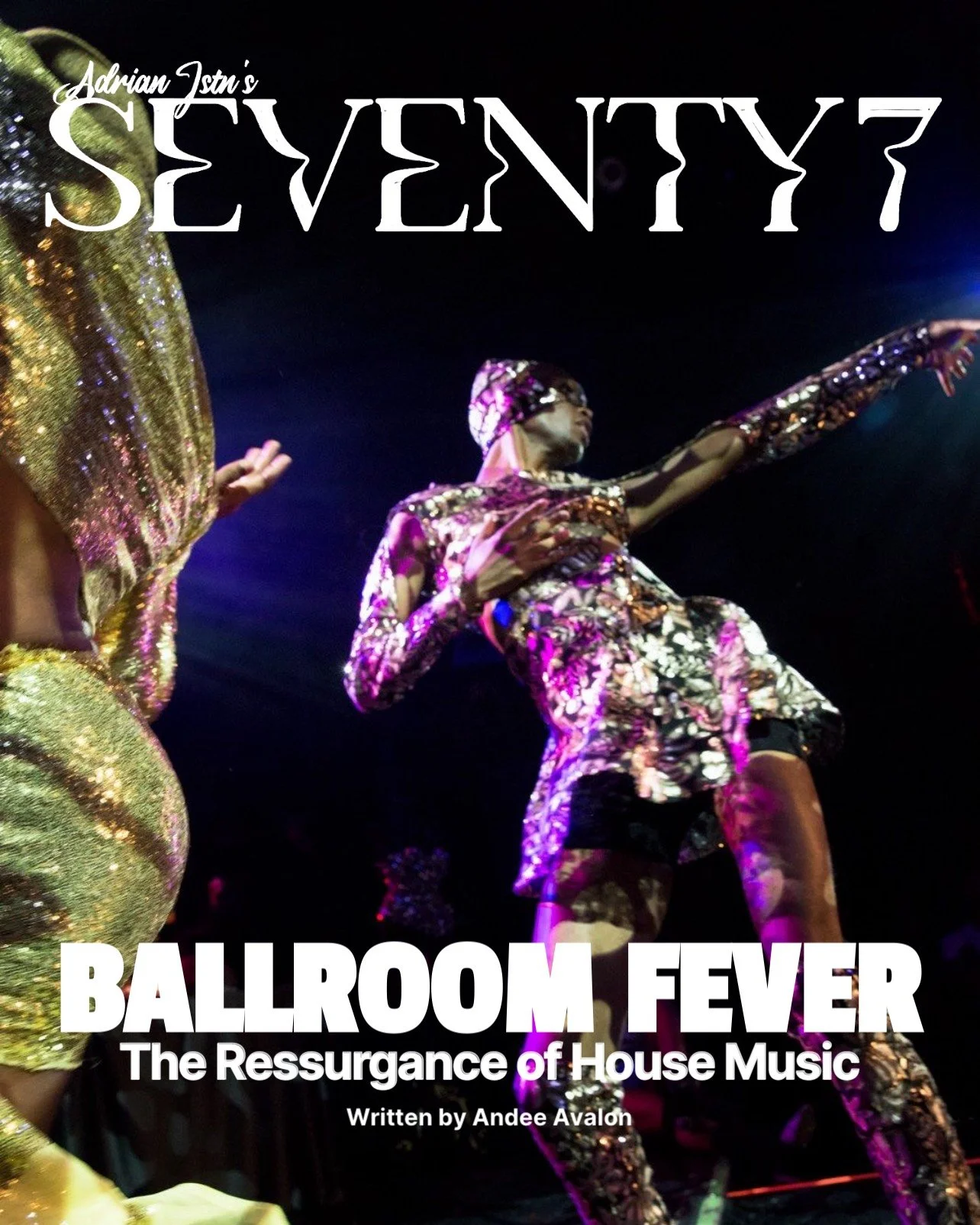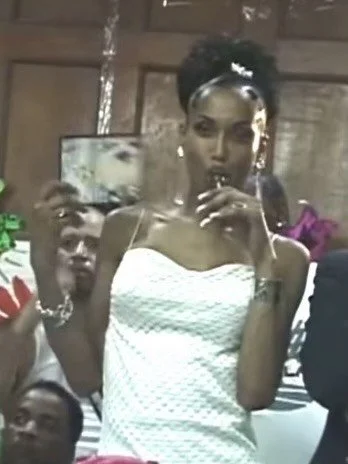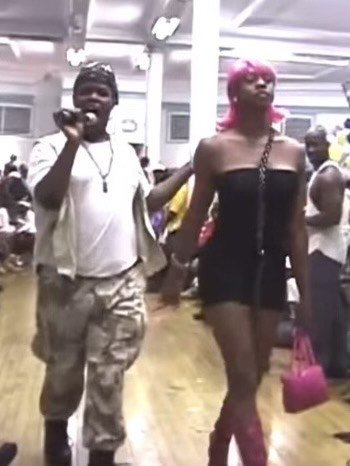Ballroom Fever: The Resurgence of House Music
As Beyonce begins her shift into country music for the next act of her project. The rest of the music world is catching up with the demand for house music. People like Ariana Grande with her newest song, 'Yes and?' and Logic's latest single, 'Fear.' Thanks to Beyonce, we're seeing a revival in house music. Similar to Madonna introducing Ballroom to the world with "Vogue." We could be on the brink of house music becoming the mainstream sound. While it's nice to know that there is a place for queer art such as ballroom culture to be wanted on a mainstream level, it begs the question, when will actual queer people be the face of a genre that they had a big part in curating?
For those who don't know, Voguing originates from Ballroom, Ballroom being born in 1960s Harlem. Led by Crystal Labeija, Balls were held in response to the racism the black and brown queer people were experiencing from both the church and the spaces hosted by their white peers. In 1960, Madonna caught word about the world of Ballroom, and after attending a few balls, she released "Vogue," introducing the art form to the world. Fast forward three decades, almost 30 years, and shows like Drag Race are on the air. Shows like HBO's Legendary and FX's Pose with an actual focus on Ballroom have come and gone. Just like that, the world was in a ballroom drought again. And then Beyonce drops "Renaissance". We have a heavily decorated crew of ballroom dancers like Honey and ChaCha Balenciaga. It features appearances from legends like Kevin Jz Prodigy, DJs River Moon & Goth Jafar, and even Arca performing and appearing in the visuals used for the tour. "Renaissance" in its purest form is a love letter to black queer culture, much like Madonna's "Vogue," and while this is the truth, how many more decades and love letters will we need until we see a queer person reach that level of commercial and critical acclaim just as they are? Some stars can give their flowers to the community while still being able to perform in places like Dubai, a place with numerous Anti-gay laws, so there is a conflict of interest there.
To go back in time to 80s Harlem again, it was a very emotional time for all members of the queer community. It was at this time that the HIV/Aids epidemic began, terribly impacting the ballroom scene as both Transgender people and queer men of color were at a higher risk of contracting the virus. The community Lost icons like Willi Ninja, Hector, and Angie extravaganza. During this devastating time, the United States healthcare system dragged its feet, labeling this a “gay man’s disease” and taking their time even to study the virus. This went on well into the early 1990s, so imagine being a queer person suffering from this illness while the rest of the world is striking a pose with Madonna. The issue isn't "Hey, this straight girl is telling us to do dips" The problem is people benefiting from queer culture without giving anything back to the community. They only take in the pieces they like but turn away when queer people need help. Madonna was able to raise awareness during this time, thankfully, while also highlighting some talented dancers. Eventually, people were able to get some form of clarity about HIV/Aids, but this was after many lives were lost. Back then, this was a vital steppingstone for the queer community. However, we've reached a point where we don't need any more stepping stones. The Ballroom scene was made for people to have the space to be who the outside world told them they couldn’t be. Beyond the dance move “Voguing” was about embodying something more, being something more. Trans women were told that there wasn’t room for them to become models out in the real world, but in the ballroom world, they would walk the face category and be cheered on by a room full of their peers. It’s a queer safe haven, people walking mundane categories like courtroom, daytime, or pedestrian realness, just so that they could feel seen and valued in a world that offered them scraps.
So, to have such a tight-knit community, built to be a garden for queer people to grow, and then to have their straight counterparts come and enjoy their culture, but ultimately not care about their well-being… it's crazy, to say the least. We've grown past a need for martyrs for the queer community.
Many DJs developed the house sound, Vjaun Allure, VJ the DJ, Angel x, and Mike Q. All remixing different songs like 'The Ha Dance' by Master's at Work, 'C*nty' by Kevin Aviance and 'Work This P*ssy' by Ellis D. Through Incorporating elements from funk disco, hip-hop, R&B, jersey club, and electronic music house music was born. Despite the circumstances, the ballroom sound is distinct and recognizable. The Ingenuity of a community going against a good portion of the country back then goes underappreciated. Now, finally returning to the present, the world **is** definitely father along with the acceptance of queer people, but again we still have places like Dubai having anti-gay laws, Over 500 anti-queer bills have been proposed in the US, along with trans individuals still experiencing an alarming rate of hate crimes today. We still have a long way to go, and a way to help normalize and cement queer people's place in the world is by having them be more prominent roles in media. Beyond world Drag competitions or gimmicky Bisexual dating shows. Artists like Kelela, Dualité, Ocean Kelly, Aja, Cakes Da Killa, or DJs and producers like LSDXOXO and Zebra Katz are all people who make fantastic music on par with the sound that clearly there is an audience for, as we've discussed. Yet people are only ever responsive to it when it's been packaged by a cis straight person. Why is that? couldn't tell you. I can tell you that I know at least half of the world now knows the phrase "serving c*nt" without actually knowing where that type of slang originated. A lot of magic in the world, at least the world of music and fashion, was created with the help/point of view of a queer person, but we run into this "always the bride's maid, never the bride" situation. It's good that while we're in this transitional period with mainstream sound if we do end up going the house route, we help uplift the voices of those in the queer community. Voices like Zepkins or Thatkid could create a new era of stars. One without artists benefiting from the fruits of queer people's labor while experiencing any of the setbacks or even having a connection to queer people's stories.




